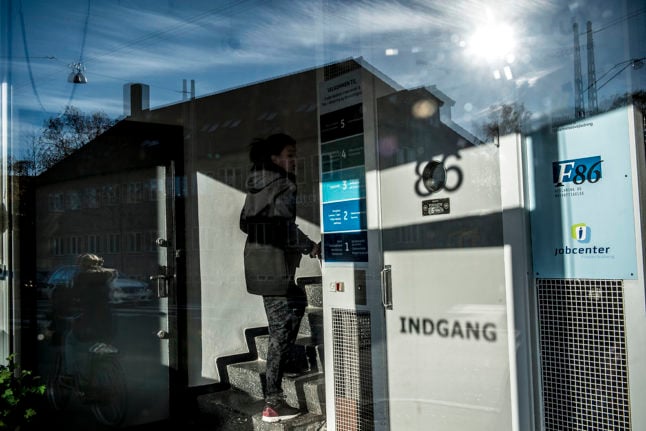For Syrians between the ages of 25 and 64, the employment rate increased from 12.2 percent in 2015 to 43.2 percent in 2019, the figures show.
The increase follows a reduction in employment amongst Syrians in Denmark in the first half of the 2010s.
Between 2010 and 2015, employment frequency in people from Syria fell from 29.1 percent in 2010 to 12.2 percent five years later.
The reversal of the trend and sharp increase in the following five years to 2019 reflects the large number of Syrian refugees who came to the country, peaking in the middle years of the decade.
Employment amongst the group is related to the length of time for which they have resided in Denmark, and how many have come to the country.
For Turkish people of the same age range, employment increased from 53 percent in 2010 to 57.8 percent in 2019. For Iraqi nationals, employment levels are lower but also increased in the 2010-2019 period, from 34.5 percent to 44.8 percent.
The much larger increase in employment amongst Syrians is related to the amount of time spent in Denmark, according to Ritzau’s report – in 2015, many had recently arrived as refugees.
A large proportion of Iraqi nationals in Denmark came to the country as refugees, while for Turkish nationals family reunification played a more prominent role.
For ethnic Danes aged 25-64 years, employment stood at 77.3 percent in 2010, increasing to 81 percent by 2019.
Statistics Denmark writes that the difference in employment levels between Danes and foreign nationals in general has narrowed in recent years, even though it remains higher for Danish nationals in comparison with Turkish, Iraqi and Syrian residents.
The three nationalities comprised the largest three groups of non-Western nationals living in Denmark in the 2010s.
READ ALSO: Denmark's immigration and emigration is mostly to and from Western countries



 Please whitelist us to continue reading.
Please whitelist us to continue reading.
Member comments